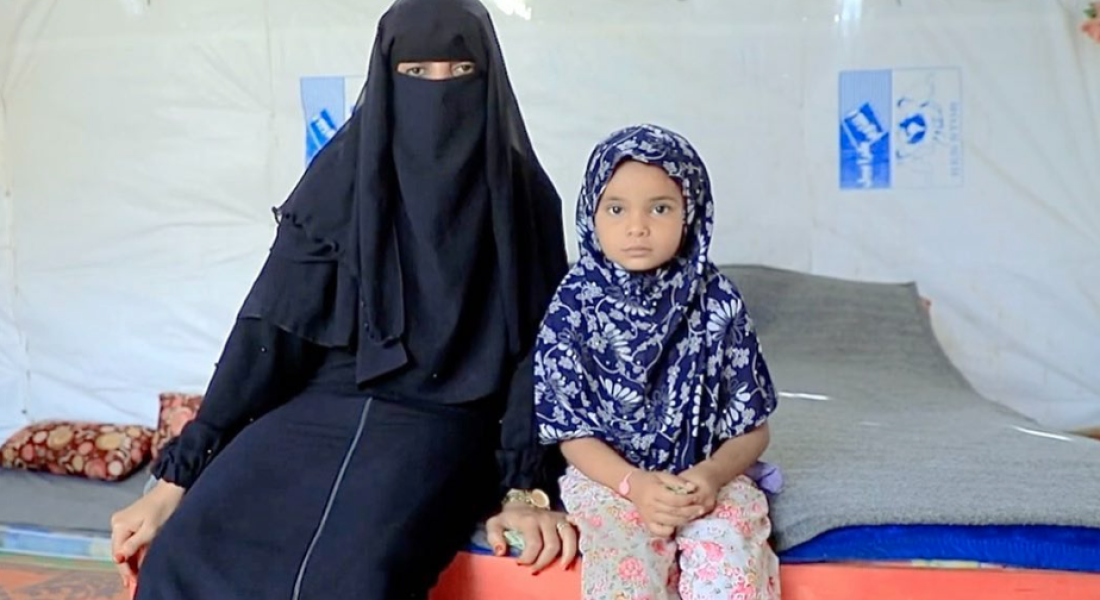This International Day for the Elimination of Violence Against Women, Project Masam wanted to highlight the impact of mines and explosive remnants of war on women and girls.
Since Yemen’s civil was began in 2014, Houthi militias have planted millions of land and naval mines across vast areas of the war-torn country and its territorial waters.
Unfortunately, the gender dimensions of landmines is often overlooked and (whilst it is important not to generalise) it is widely reported that different gender groups are affected differently by the violence of landmines and explosive remnants of war (ERW). This is the case in Yemen.
Although the majority of reported casualties are male, “women and girls may be disproportionally disadvantaged as a result of mine/ERW incidents and suffer multiple forms of discrimination as survivors”, according to a K4D report published by the UK Department for International Development – now the Foreign, Commonwealth & Development Office (FCDO).
A report by the Organisation for Economic Co-operation and Development (OECD) found that because women and men tend to do different work, and have different responsibilities, “women tend to hold primary responsibility for household work and for the health care of family members and the care of dependants”.
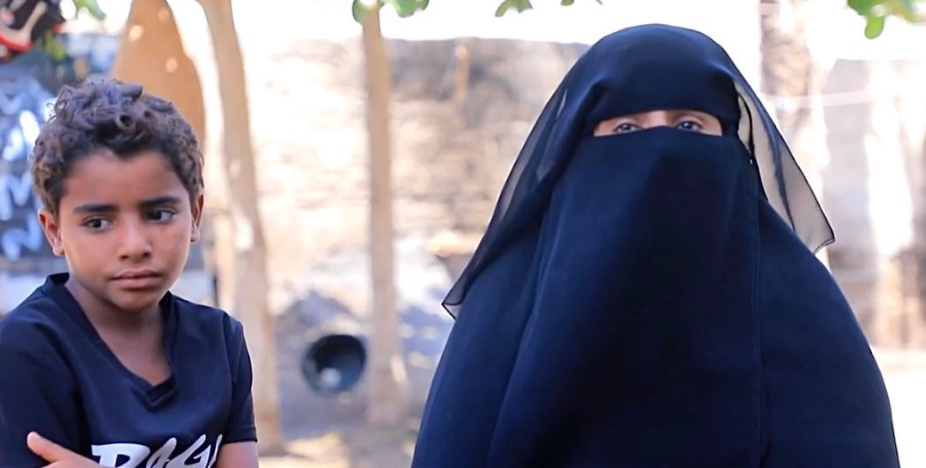
Since it began its humanitarian landmine clearance operations in Yemen, Project Masam has met many women and girls affected by landmines that have had significant consequences on the social, economic and other aspects of their lives.
One of them was Amna Ibrahim, who lived in Yemen’s Red Sea Coast Region. Her home stood in an area where Houthi forces made extensive use of landmines and other explosive devices.
“The Houthis entered our village and planted it fully with mines. They planted mines to kill the civilians and maim them,” Amna told Project Masam. “My son went out to the coast, he went to work in the sea. Moments after he left the house, we heard an explosion. We went out to see what happened.”
Her son’s car had hit an anti-tank mine. “We found my son under the car. He was dead, and his car was destroyed.”
Amna explained her beloved son’s death had a huge impact on her family life. He was the breadwinner.
“My son was working hard in the sea to provide for us. He had three children, this is Dhi’a, his son,” Amna added, as little Dhi’a stood close to his grandmother, who now also had to care for him.
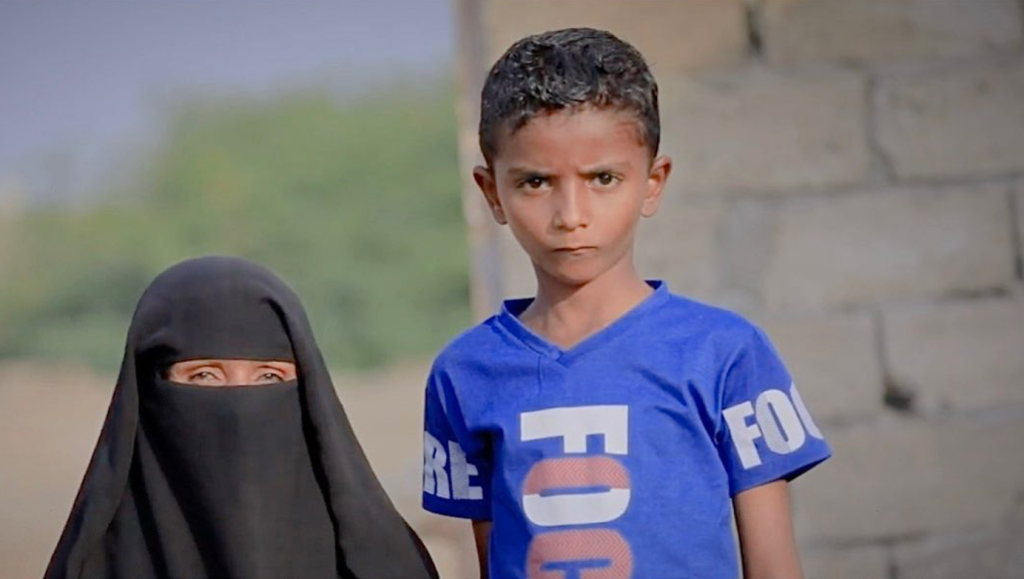
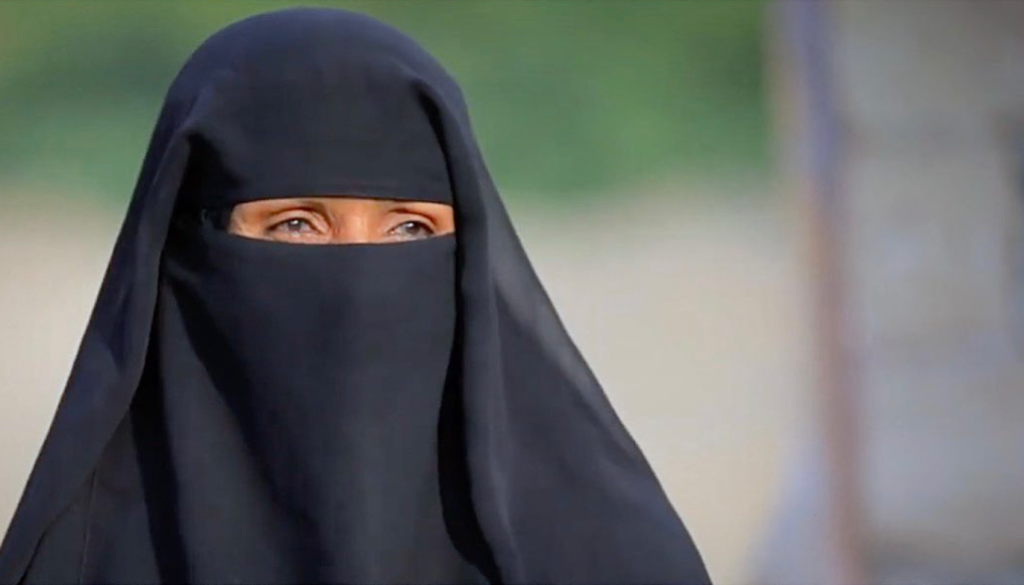
Responsibilities in agriculture also vary in many countries affected by landmines – such as Yemen. Indeed, women grow different crops and have responsibility for various tasks within the crop cycle, including weeding, according to the OECD report.
“This in turn may influence who has worked land that is now mined,” the OECD stated.
Because they may spend more time in the fields, collecting firewood and water, etc… women and girls are more vulnerable to landmines on land used for subsistence farming or riverbeds – while men may be more vulnerable to landmines on public roads because of the difference in their mobility patterns, for instance.
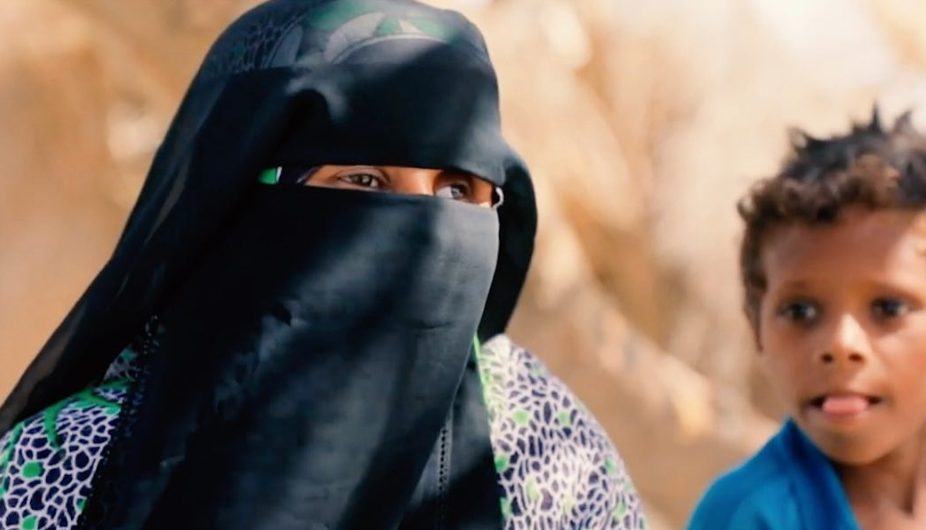
When we first met Saliha Abdah, she was sat outside her simple house made of concrete blocks and she avoided our gaze. Her three young children huddled around her; she slowly started telling her story.
“We were displaced when the war started; the Houthis entered our region and planted landmines. I went to the mountain to collect wood. Suddenly, a landmine exploded under me. The explosion led to the amputation of my leg, under the knee.”
This incident, she said whilst picking the skin on her fingers, signified a brutal change in her life.
Unfortunately, in Yemen and in many countries around the world, landmine survivors often face stigma and multiple forms of discrimination from their own family or the community around them.
Unable to face the responsibilities and physical burden resulting from her landmine injury, Saliha’s husband left the family.
Saliha said she felt she could no longer contribute and her children were still too young to become providers for the rest of the family, already burdened by their displacement.
“I used to have my legs, I used to go to work. Now my children and I don’t have anything, and no one gave us anything. All I want is water and food, and nothing else, because I am disabled and can’t work.“
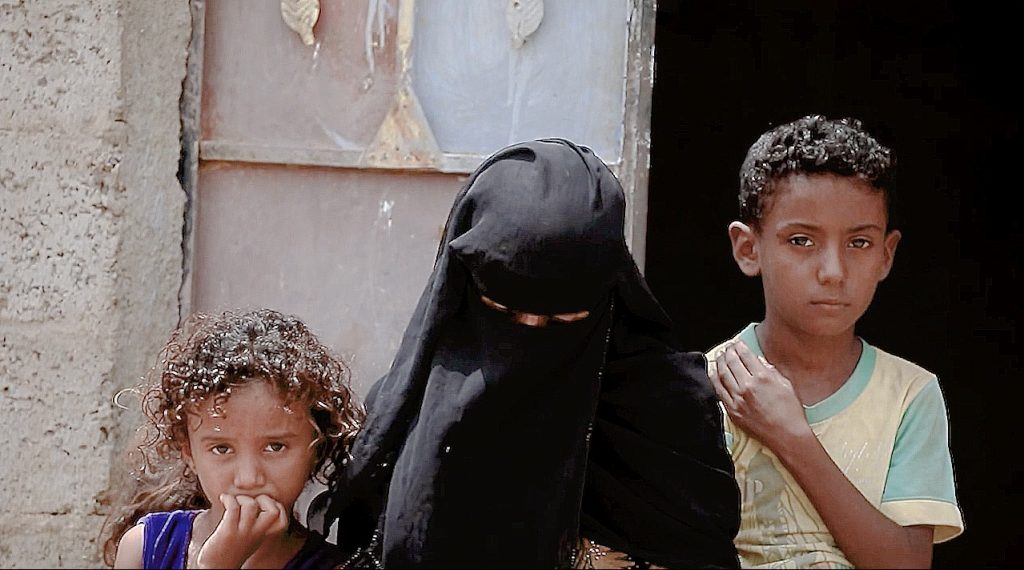
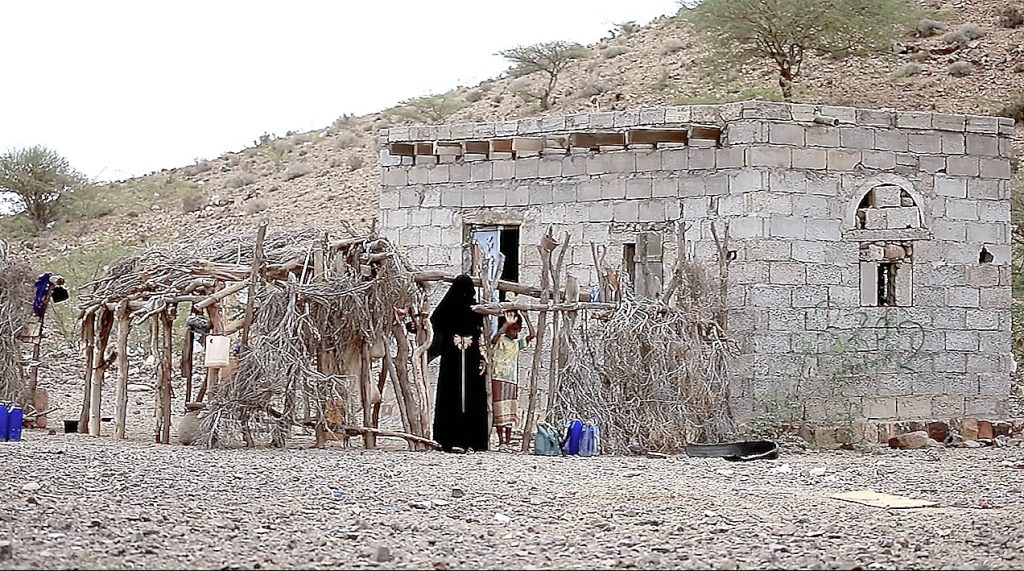
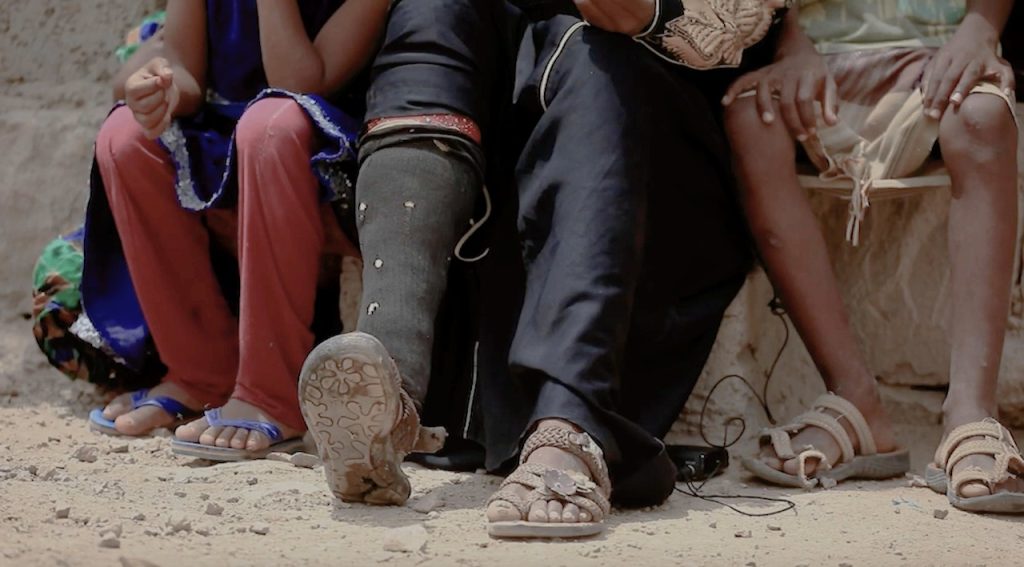
Another survivor, Amina Ibrahim, was walking near her village when a mine exploded under her feet.
“After the mine exploded, I didn’t feel anything anymore,” Amina told Project Masam from her home. Her right leg was amputated and was fitted a prosthetic leg to help her move around.
However, the young woman said she was still very incapacitated by the injuries she sustained in the blast.
“I used to herd sheep and collect firewood, and I used to sew clothes. [Because I cannot use my leg] I can no longer sew, nor can I collect firewood. Now I am sitting down doing nothing.”
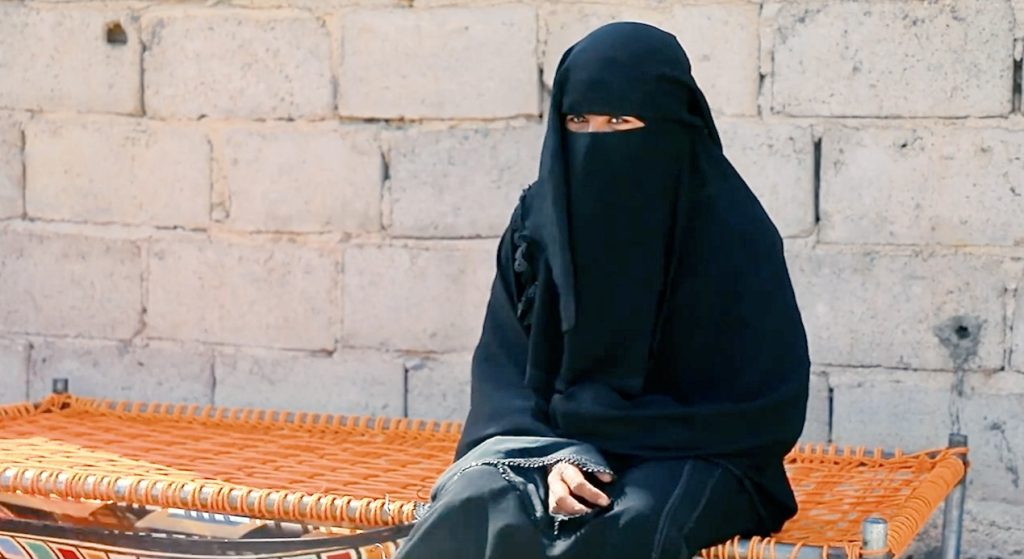
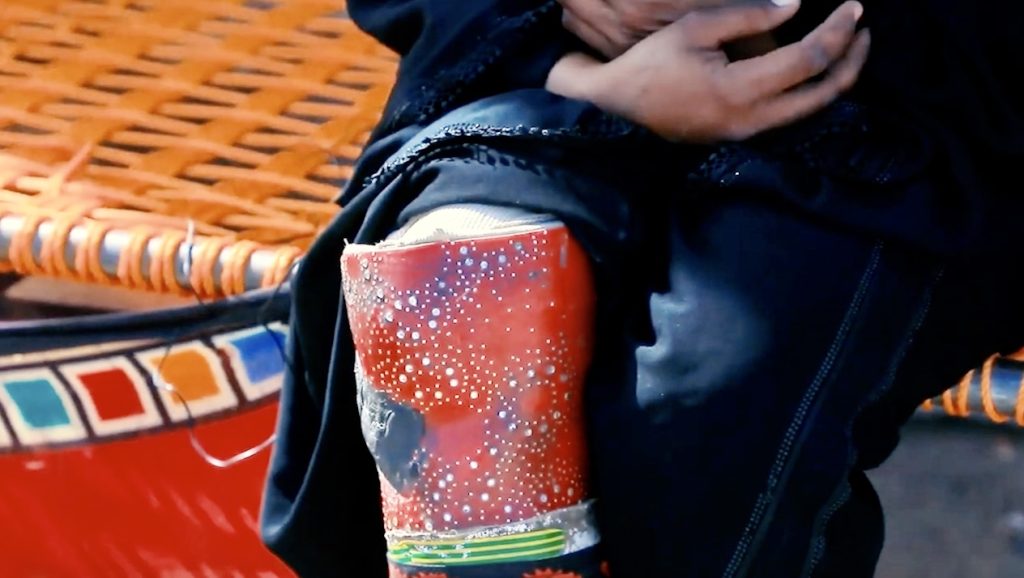
Grandmother Samia Sa’id, who is in her late 70s, was also severely affected by landmines.
“One of my children went out to work and he was shot. A mine exploded at my second child and his cousin, who were in the sea,” she told Project Masam.
Because of the death of men in her family and the loss of a steady source of income, Samia claimed she was destitute, despite having to care for her grandchildren.
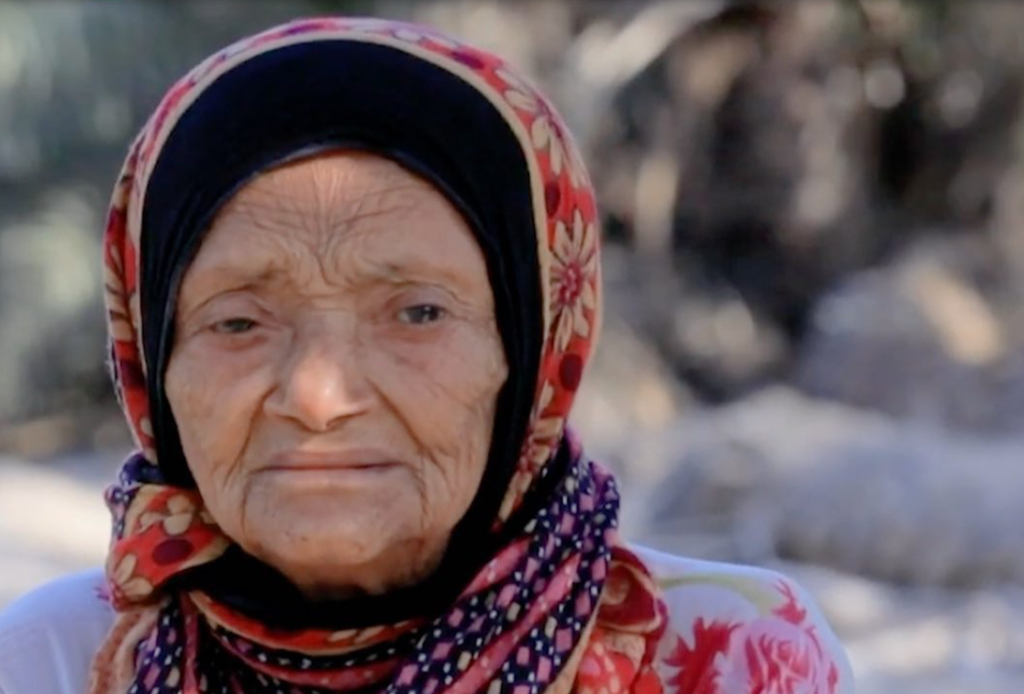
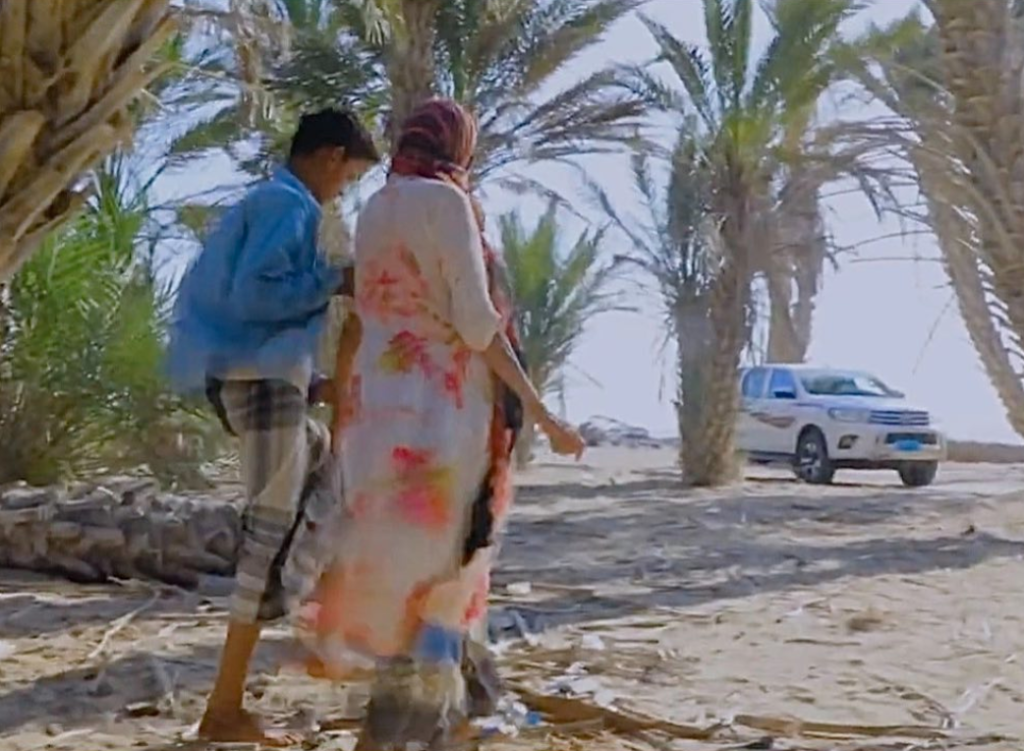
On this International Day for the Elimination of Violence Against Women, Project Masam would like to take a moment to remind the international community of the importance of mine action in Yemen, and across every other contaminated country.
By working together to eradicate the scourge of landmines and raise awareness of their presence and impact, we can prevent other women and girls from becoming victims of landmine violence and ensure they can look ahead to a brighter future.

